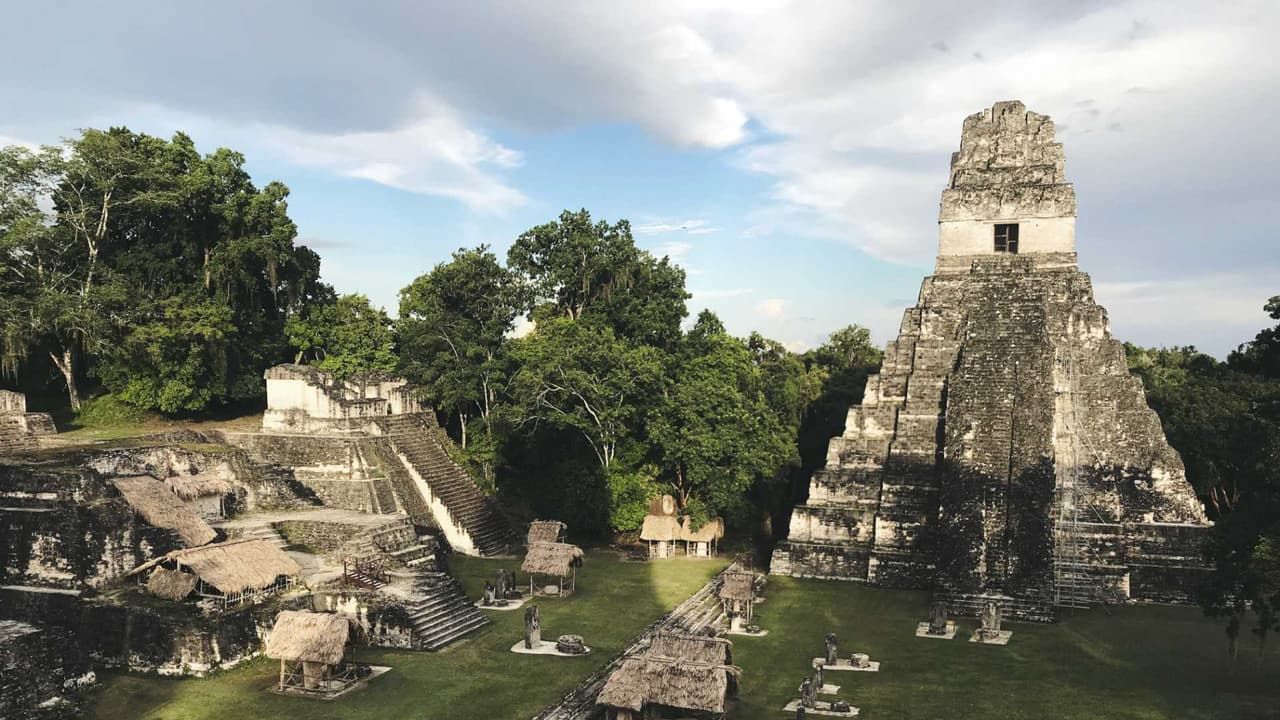Establishing a presence in Guatemala requires a thorough understanding of the local compensation landscape. Competitive salary and benefits packages are crucial for attracting and retaining skilled talent in the country. Navigating the nuances of minimum wage regulations, common bonus structures, and typical payroll practices is essential for compliance and successful workforce management.
Understanding the factors that influence salary levels across different industries and roles is key to developing a compensation strategy that aligns with market expectations while remaining compliant with local labor laws. This involves researching typical pay scales for comparable positions and considering the specific skills and experience required.
Market Competitive Salaries
Market competitive salaries in Guatemala are influenced by several factors, including industry sector, company size, location (urban vs. rural), the specific role's complexity and required skills, and the candidate's experience level. Certain sectors, such as technology, finance, and telecommunications, often offer higher compensation packages compared to others.
While specific salary ranges vary significantly, here is an illustrative table showing potential monthly gross salary ranges in Guatemalan Quetzales (GTQ) for common roles. These figures are approximate and should be validated with specific market data for your industry and location.
| Role | Industry Example | Approximate Monthly Gross Salary Range (GTQ) |
|---|---|---|
| Administrative Assistant | General | 4,000 - 8,000 |
| Customer Service Rep | Services | 4,500 - 9,000 |
| Accountant | Finance | 8,000 - 18,000 |
| Marketing Specialist | Marketing | 7,000 - 15,000 |
| Software Developer | Technology | 12,000 - 30,000+ |
| Sales Manager | Sales | 10,000 - 25,000+ (often with commission) |
| Production Supervisor | Manufacturing | 7,000 - 14,000 |
Factors like bilingualism, specialized certifications, and management responsibilities can significantly impact individual salary levels within these ranges.
Minimum Wage Requirements and Regulations
Guatemala's minimum wage is set annually by the government and typically varies by economic activity sector. The National Salary Commission (Comisión Nacional del Salario) proposes adjustments, which are then approved and published. Employers must adhere to the minimum wage rates applicable to their specific sector.
For 2024, the minimum wage rates per month were established across different sectors. While the 2025 rates are subject to official announcement, employers should budget based on current rates and anticipate potential adjustments.
| Economic Activity Sector | Monthly Minimum Wage (GTQ - 2024) |
|---|---|
| Agricultural | 3,316.68 |
| Non-Agricultural | 3,416.34 |
| Export and Maquila | 3,143.51 |
These figures represent the minimum gross salary before deductions. Employers are legally required to pay at least the applicable minimum wage.
Common Bonuses and Allowances
Guatemala has specific mandatory bonus requirements that are standard components of employee compensation.
- Aguinaldo (13th Month Bonus): This is a mandatory bonus equivalent to one month's salary, payable in two installments: 50% in the first half of December and 50% in the second half of January. It is calculated based on the average ordinary salary earned during the year.
- Bono 14 (14th Month Bonus): Also a mandatory bonus equivalent to one month's salary, payable in the first half of July. It is calculated based on the average ordinary salary earned from July 1st of the previous year to June 30th of the current year.
In addition to these mandatory bonuses, employers may offer other allowances or benefits to enhance their compensation packages, such as:
- Transportation allowances
- Meal vouchers or subsidies
- Health insurance contributions (beyond statutory requirements)
- Performance-based bonuses or incentives
- Education or training allowances
Payroll Cycle and Payment Methods
The most common payroll cycle in Guatemala is monthly, with salaries typically paid on the last working day of the month. However, some companies, particularly in certain sectors like manufacturing or retail, may opt for a bi-weekly payroll cycle.
Salary payments are predominantly made via direct bank transfer to the employee's bank account. Cash payments are less common, especially for formal employment relationships, due to security and transparency reasons. Employers are required to provide employees with a payslip detailing their gross salary, deductions (such as social security and income tax), and net pay.
Salary Trends and Forecasts
Salary trends in Guatemala are influenced by the country's economic growth, inflation rates, and the demand for specific skills. While forecasting exact salary increases for 2025 is challenging, several factors suggest potential movements:
- Inflation: Persistent inflationary pressures can lead to upward pressure on wages as employees seek to maintain purchasing power.
- Economic Growth: A growing economy generally correlates with increased business activity and potentially higher wages, particularly in thriving sectors.
- Talent Shortages: Specific industries or roles facing a shortage of qualified professionals may see faster salary growth as companies compete for talent.
- Minimum Wage Adjustments: Annual adjustments to the minimum wage set a floor for salaries and can influence overall wage levels, especially for entry-level positions.
Employers should monitor economic indicators and labor market data to stay informed about evolving salary trends and ensure their compensation strategies remain competitive and compliant.
Employ top talent in Guatemala through our Employer of Record service
Book a call with our EOR experts to learn more about how we can help you in Guatemala







Book a call with our EOR experts to learn more about how we can help you in Guatemala.
Trusted by more than 1000 companies around the globe



